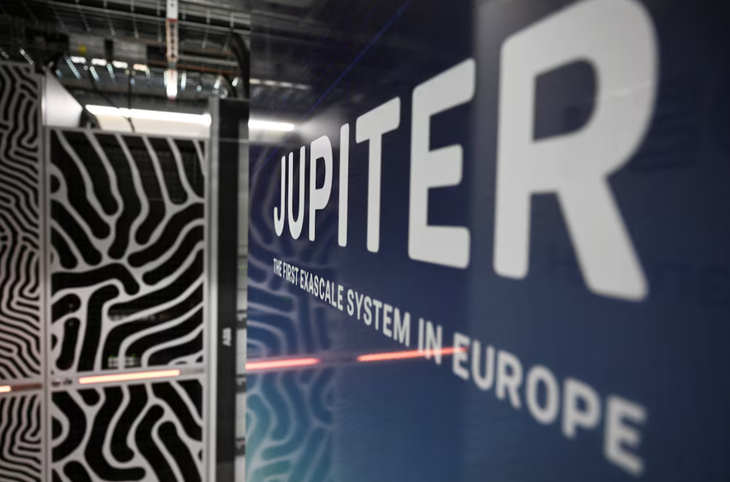
Jupiter supercomputer at its launch ceremony - Photo: REUTERS
According to Reuters, on September 5, German Chancellor Friedrich Merz and North Rhine-Westphalia State Premier Hendrik Wüst attended the launch ceremony of the Jupiter supercomputer at the Jülich Supercomputer Center (JSC). This is considered an important turning point in the global technology race, giving Europe the opportunity to stand shoulder to shoulder with the US and China.
Superpower
Jupiter is the fastest supercomputer in Europe and the fourth fastest in the world , powered entirely by "green" electricity. The system, built by a consortium of Atos (France) and ParTec (Germany), contains about 24,000 Nvidia Grace-Hopper superchips specially designed for AI and high-performance computing.
According to the Institute of Electrical and Electronics Engineers (IEEE Spectrum), Jupiter's operations center was built over two years and consists of about 50 container modules covering an area of more than 2,300 square meters. The development and operation costs amounted to 500 million euros (about 580 million USD), and is the result of cooperation between the European Union (EU) and the German Government .
Jupiter can store the equivalent of 450 billion books, with the processing power of about 10 million conventional laptops. To operate, the system requires 11 megawatts of electricity - equivalent to the consumption of thousands of households.
However, Jupiter is considered one of the most energy-efficient supercomputers in the world thanks to its use of mostly renewable electricity and water cooling. The heat generated is also reused to warm residential areas, contributing to reducing emissions and protecting the environment.
With its immense power, Jupiter serves important scientific fields such as biotechnology, climate research and artificial intelligence (AI) development, while helping Europe reduce its dependence on digital services from abroad.
Jupiter is 20 times more powerful than any other supercomputer in Germany and is "a huge step forward in European computing performance," said Thomas Lippert, director of the Jülich Center.
"This is a historic milestone. Jupiter will attract investment, promote innovation and move Europe forward strongly in the digital age," said Henna Virkkunen, Executive Vice President for Technology, Security and Democracy at the European Commission (EC).
Significant challenges
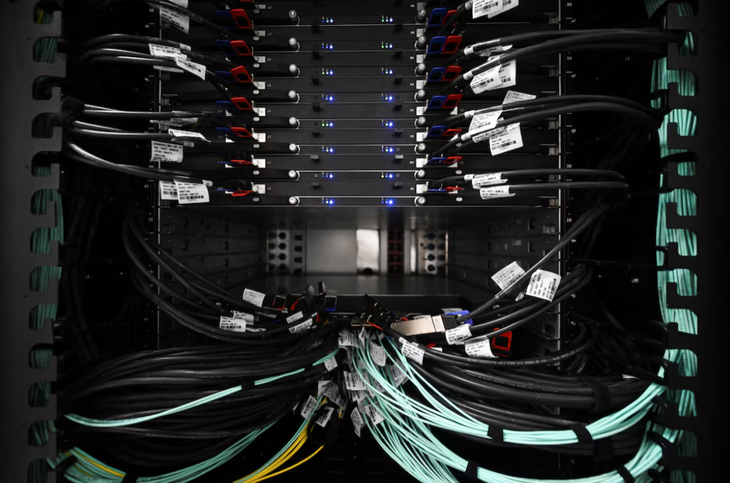
Jupiter supercomputer at its launch ceremony - Photo: REUTERS
"We are witnessing a pioneering project of historic significance for Europe," said Chancellor Friedrich Merz at the inauguration of the Jupiter supercomputer.
While Jupiter marks a significant step forward, Europe still faces many challenges. According to a Stanford University 2024 report, the US leads with 40 notable AI models, China has 15, while Europe as a whole has created just three – highlighting a clear gap in AI development capabilities.
Chancellor Merz acknowledged that the US and China are the two leading competitors in the global AI race. However, he expressed confidence in the Jupiter project, asserting: "Germany and Europe have every opportunity to catch up and assert their position."
Ralf Wintergerst, President of the Bitkom Digital Technology Association, said Jupiter would "put Germany at the forefront of global high-performance computing" and "create more favorable conditions for domestic AI development".
However, he also noted that for Jupiter to truly become a launchpad for innovation, Europe needs to ensure open and flexible access, especially for startups and tech businesses.
A notable paradox is that although Jupiter is hailed as the result of cooperation between leading European technology corporations, the "heart" of Jupiter - the Grace-Hopper super chips - still comes from Nvidia, an American company.
This poses a significant paradox: while Europe is actively promoting the concept of "technological sovereignty", core operational capabilities are built on a platform controlled by the US. IEEE Spectrum commented that this is a "strategic blind spot" that is difficult to ignore.
According to the Brussels Times, this dependence reflects a deeper reality: Europe is still not self-sufficient in core technology, and if the US changes its export policy or tightens controls, Jupiter could become a "giant with its hands tied".
In addition, compared to the US, where research centers are concentrated and closely linked in areas such as Silicon Valley, Boston or Seattle, Europe’s supercomputing infrastructure is fragmented across member states. This lack of unity and coordination not only reduces the efficiency of resource use, but also hinders the ability to build a common platform on a continental scale.
A report from the Brookings Institution has pointed out that although Europe has great potential, it lacks an effective integrated model like that in the US - where government, academia, businesses and private investors work closely together in a strategic innovation ecosystem.
Invest without stopping
In the coming time, Europe will continue to invest heavily in supercomputer infrastructure with a typical example being the Blue Lion project - a new generation supercomputer being deployed at the Leibniz High Performance Computing Center.
Blue Lion is the result of a collaboration between Nvidia and Hewlett Packard Enterprise (HPE), using Nvidia's latest generation of chips called Vera Rubin - a chip line that has just been announced with outstanding performance. This supercomputer is expected to officially go into operation and serve the scientific research community in early 2027.
Source: https://tuoitre.vn/chau-au-tham-vong-bat-kip-my-trung-ve-sieu-may-tinh-2025090723244217.htm






![[Photo] Science and Technology Trade Union honors exemplary workers and excellent union officials](https://vphoto.vietnam.vn/thumb/1200x675/vietnam/resource/IMAGE/2025/9/17/842ff35bce69449290ec23b75727934e)
![[Photo] General Secretary To Lam chairs a working session with the Standing Committee of the Government Party Committee](https://vphoto.vietnam.vn/thumb/1200x675/vietnam/resource/IMAGE/2025/9/17/cf3d855fdc974fa9a45e80d380b0eb7c)








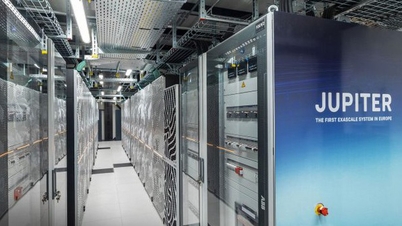
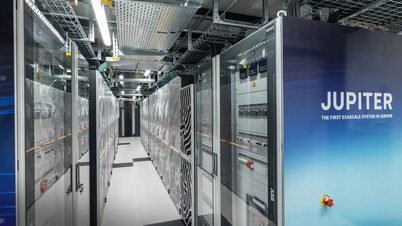


























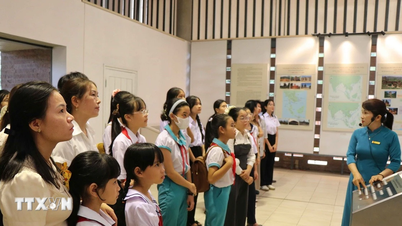

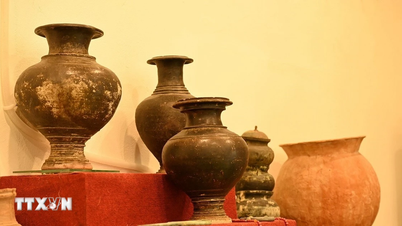





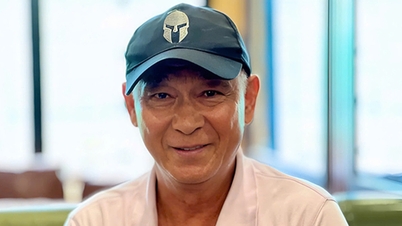


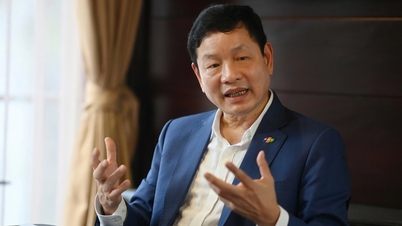
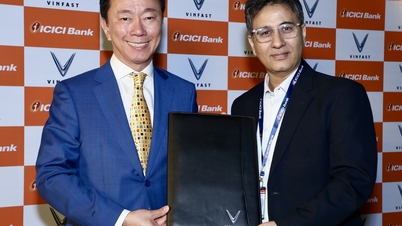




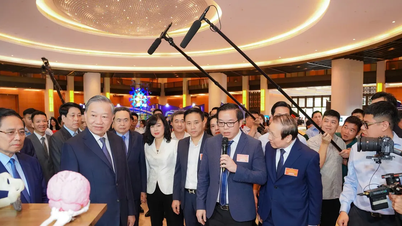

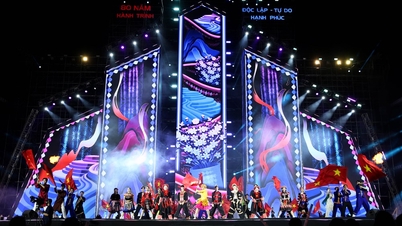








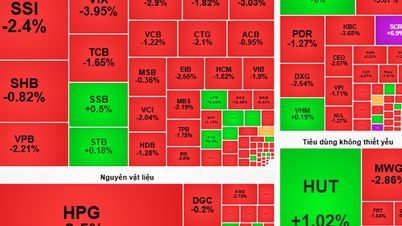


































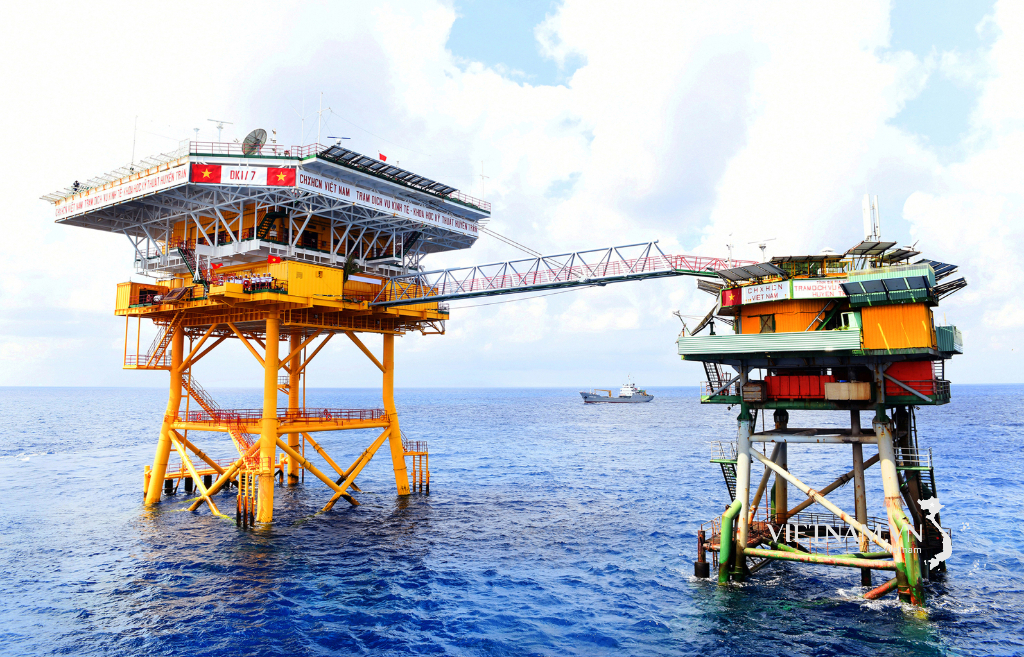

Comment (0)